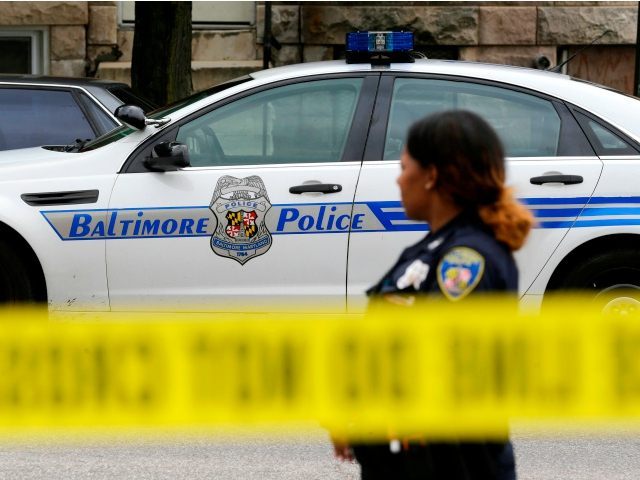Republican Sen. Chuck Grassley’s pending jail-sentence reduction bill would wreck the minority communities it’s purportedly helping, U.S. Commission on Civil Rights member Peter Kirsanow says in a letter to the Iowa senator.
“People who are convicted of a crime and imprisoned are a very small minority of the U.S. population – according to the EEOC, they comprise approximately 6.6 percent of the population,” Kirsanov wrote. “These people have managed to be less law-abiding than the remaining 93.4 percent of the U.S. population – quite a feat. It is perhaps less of a feat when one considers that many offenders have serious additional problems that likely incline them toward criminality.”
Locked-up offenders, for example, exhibit much higher rates of psychopathy than non-offenders, Kirsanow added. Sending them back to their old neighborhoods would allow them to commit more crime.
Kirsanow cited Dr. Matt DeLisi’s testimony during a 2013 judiciary hearing to show crime would rise if convicts were freed from prison: “Releasing 1 percent of the current [Bureau of Prison] population would result in approximately 37,230 additional murders rapes [sic], robberies, aggravated assaults, burglaries, thefts, auto thefts, and incidents of arson.”
Kirsanow, who notes he lives in a predominately black neighborhood with high crime rates, stated: “Everyone at least tacitly acknowledges that much of the political pressure behind this bill is animated by a sense of racial grievance – that African-American men are incarcerated at higher rates than their presence in the population.”
Yet one of the reasons why we have some of these stiff sentences is because when crime was rampant, African-Americans protested the violence visited upon their communities and asked the government to get tougher on crime. If we relax sentencing, there is a very good chance that crime will go up, it will disproportionately go up in African-American communities, and then some of the same people who are presently supporting sentencing leniency will be demanding harsher penalties because of the increasing crime in their communities; and, if recent history is a guide, they will claim the increase is due to racially discriminatory policies.
The war the Obama administration has waged on police and outcry from liberals when violent criminals came off worse after attacking cops has hurt black communities, Kirsanow charged, adding that Congress will be forced to scrap sentencing reductions once crime inevitably increases after their latest “reform.”
“In fact, this is already happening – when demoralized police departments are instructed to engage in less proactive policing, violence spikes, and those same Black Lives Matter activists cry foul. In five or ten years, Congress will be back to codify stiffer sentences because ‘the system is broken,’ ‘poor and minority children are hurt most,’ and ‘lenient judges let violent criminals out on the street with a slap on the wrist,'” he wrote.
Law enforcement officials have similarly criticized Grassley’s Obama-backed Sentencing Reform and Corrections Act of 2015, calling it a “windfall” for dangerous criminals.
Law and order has become an important issue in the 2016 presidential election, as high-profile cop executions, explosive riots in cities like Baltimore, and surging illegal immigration continue to alarm voters. A major Gallup poll conducted in April found that 70 percent of respondents with a high school degree and 68 percent of minorities were greatly concerned about crime, along with 53 and 52 percent of Republicans and Democrats.

COMMENTS
Please let us know if you're having issues with commenting.